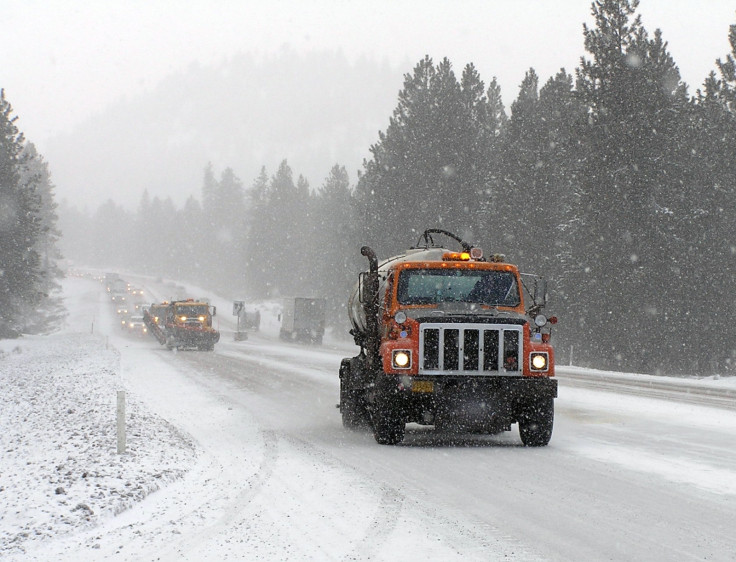Crisp smell after fresh snow is because it really does soak up air pollution
But when it melts it creates a toxic slush full of carcinogenic compounds.
Snow absorbs many of the toxic compounds in car exhaust fumes, which is great news when it's freshly fallen. But when it melts it releases those toxins again in meltwater or back into the atmosphere, a study of Canada's urban snow reveals.
The smell of the air after melting snow gave the researchers the first clues about the role of snow in absorbing air pollution.
"When one goes outdoors in winter, and there is fresh snow, one can sense the air has a different smell – it usually smells 'crisper'. Once the snow has been on the ground for some time, the effect goes away. When the weather warms up, the air acquires yet another smell," said Yevgen Nazarenko of McGill University, Canada, author of a study on the findings published in a paper in the journal Environmental Pollution.
"This is what led us to wonder about how exactly snow interacts with air pollutants."
Analysis of snow shows that snowfall absorbs two kinds of air pollution emitted in vehicle exhaust fumes. It absorbs both polycyclic hydrocarbons – molecules made of carbon, hydrogen and oxygen that have several ring structures – and also fine particulate matter. Both of these have been linked to human health problems including cancers and respiratory disorders.
When snow melts, these particulates are released back into the air as it warms or washed into waterways, temporarily raising the concentration of pollutants in air, water and soil, the authors say.
"Understanding how these pollutants interact with the environment, including snow, is crucial if we are to reduce the hundreds of thousands of premature deaths caused by mild-air pollution in North America," said Parisa Ariya, also of McGill University and a study author. "Worldwide, air pollution claims as many as eight million lives."

Exhaust from different types of fuels reacted differently to cold. The most troublesome compounds should be identified and reduced in fuels to minimise their environmental impact, the study authors say.
The findings come shortly after a study published in the journal Science Advances found that the loss of Arctic sea ice due to climate change is making Beijing's air pollution problem worse. Changes in Arctic sea ice extent and snowfall patterns in Eurasia have led to increasingly stagnant air in China, so pollution at major urban centres fails to disperse.
© Copyright IBTimes 2025. All rights reserved.






















